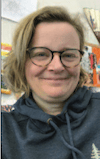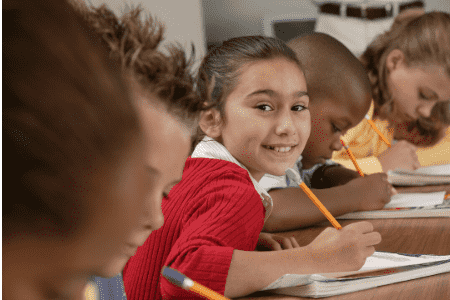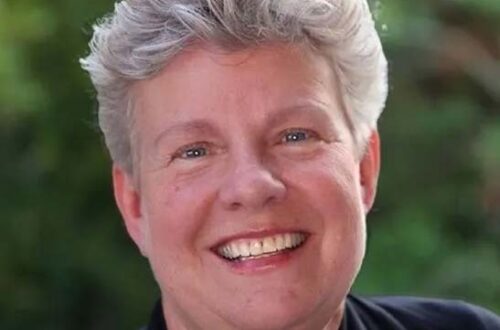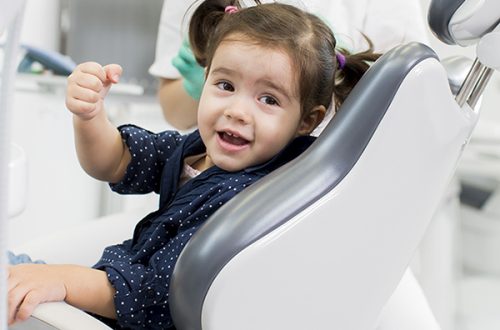Who Runs the Class, Teachers or Students?
Behind the Teacher’s Desk: February 2020
By Lisa Catterall
Ego is a room where you just try to get everything on your own terms. – Pema Chodron

In the days leading up to vacations, I often have students come in and immediately ask if they can please have a break rather than learning anything.
“Can we just watch a movie today instead of class?”
“Can we lie on the floor and sleep for this period instead of doing the quiz?”
“Can we go for a hike instead?” This one might be unique to holding school on 300+ forested acres, but I’m not sure.
In my perfect vision of a class period, the students walk in jumping up and down to do whatever interesting and exciting lesson I have planned that day. Nothing ever falls flat; nothing is ever met with an eye roll or a sad comment. We are all just endlessly thrilled to do chemistry, geometry and biology. Luckily, I can usually be somewhat infectious in my enthusiasm. But when my subjects are competing with the anticipation of Christmas cookies or summer camping or whatever is about to happen on vacation, it is a little bit difficult.
Sometimes, I think teachers are underappreciated in their ability to hold kids to the standards of a learning environment and keep them studying difficult concepts every day that school exists. Other times I wonder if my ego is just getting in the way; perhaps there is more learning that can happen if I take the day on the kids’ terms. When they are asking for a way out of learning, they might just mean they don’t want to look at a textbook or sit and listen in an uncomfortable chair any longer. What would a school look like if it was built on their terms?

Believe it or not, I’ve built two rigorous academic high school science classes by listening to what kids say about how they want to learn. One of them is an honors science class where 11 of the labs happen, quite literally, in the ocean, in wetsuits, using real science techniques and equipment. Another one is a class that spends 10 months looking at 10 ways that science informs us about what it means to be a human being. Each unit starts with a movie. I don’t recall that in either of those programs’ students have come in rolling their eyes and asking if they could take a nap instead of have class that day.
I built those programs as a new teacher when I was enchanted with creative ways to build curriculum. As I go on in my years of teaching, more and more, I come to work for the joy of interacting with people who are increasingly younger than I am. I’m more interested in being kind, listening, and enjoying each moment than I am in charging ahead. But the requests for a break are excellent reminders not to assume I know too much about what inspires them.
Lisa Catterall teaches STEAM, math, science, and art at Mount Madonna School and is a senior associate of the Centers for Research on Creativity. She lectures and trains teachers and administrators on innovation in education in Beijing, China. Lisa has five children and lives in Santa Cruz County.





